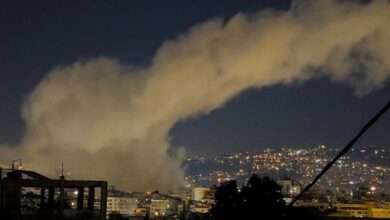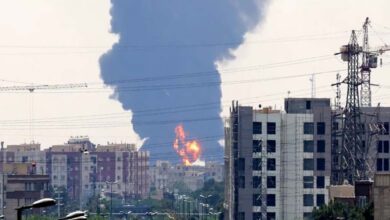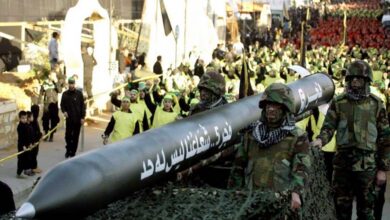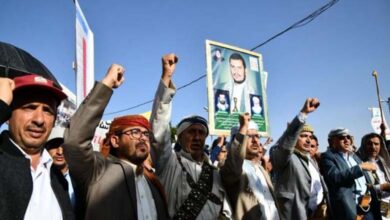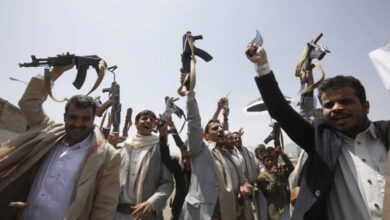72 Crucial Hours in Israel… Prisoner Swap Deal or Invasion of Rafah?
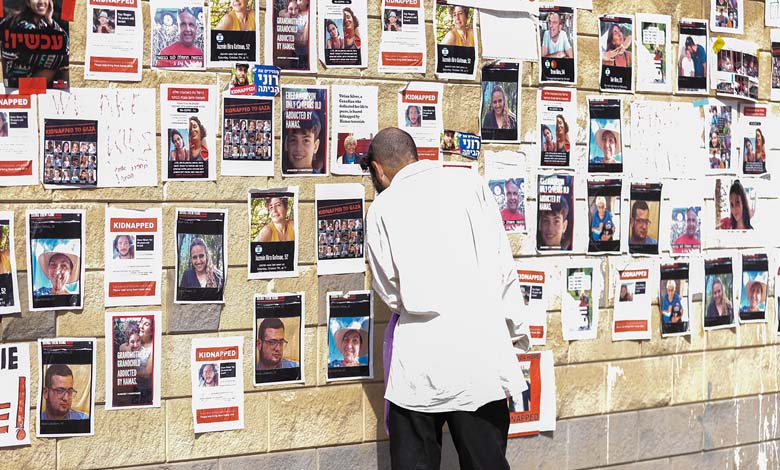
A critical decision looms for Israel in the next 48 to 72 hours, between reaching a prisoner swap deal or launching a military operation in Rafah.
Tel Aviv has described the next 48 to 72 hours as crucial in terms of reaching a prisoner swap deal or initiating a military operation in Rafah.
Consequently, Israel has decided not to send its delegation to the Egyptian capital today, Tuesday, and to await Hamas‘s response until Wednesday evening to make its final decision.
Israeli media revealed that Prime Minister Benjamin Netanyahu has twice postponed the date of the military operation in Rafah in recent weeks, which Netanyahu‘s office denied.
An Israeli political official told the Israeli army radio this Tuesday morning: “We have decided not to go to Cairo… We await the responses until Wednesday evening and then we will decide.”
He added: “No significant information was received overnight indicating that Hamas responded positively, and that might happen during the day.”
The radio quoted Israeli officials as saying, “If a prisoner deal is reached, it is certain that the operation in Rafah will be postponed, but we will not agree to Hamas‘s procrastination… If no agreement is reached within the next two or three days, the order to attack Rafah will be issued.”
In this context, the Israeli newspaper Yedioth Ahronoth said this Tuesday that “the Israeli army estimates that within the next 48 to 72 hours, a decision will be made that will mark the end of the war in the Gaza Strip: either a prisoner swap deal with Hamas or the entry of the Israeli army into Rafah.”
It noted that “in recent days, the United States has intensified its opposition to Israeli action in Hamas‘s last stronghold (Rafah) out of concern for the humanitarian difficulties of operating in the small area where now about 60% of Gaza’s entire population is crowded along the border with Egypt, despite Israeli promises and plans to evacuate some residents to secure complexes specific to Khan Younis and northern Rafah.”
It stated: “American sensitivity at this stage has increased and has been magnified in propaganda against Israel.”
Yedioth Ahronoth added that “American concern is that any incident in Rafah resulting in the deaths of uninvolved Palestinians will receive a disproportionate response against Israel and the US administration, unlike the legitimacy Israel enjoyed when maneuvering in the rest of the sector at the start of the war.”
It noted that in addition to pressures exerted by the United States, there is also intense European pressure through the International Criminal Court in The Hague to issue arrest warrants against Israeli officials, including Prime Minister Benjamin Netanyahu and Defense Minister Yoav Galant, as well as against senior Israeli military officials.
The Israeli newspaper revealed that Chief of Staff Hertzi Halevi approved all action plans in Rafah and the central camps yesterday, adding that in any case, the operation will be carried out in stages, with the option to suspend for negotiations or an impending agreement.
Meanwhile, Israeli broadcasting revealed that Prime Minister Benjamin Netanyahu had twice decided to postpone the military operation in Rafah under international pressure for Israel to refrain from carrying it out, as well as the efforts of mediators to reach a deal to release captives.
However, Netanyahu‘s office denied the accuracy of earlier reports about postponing the operation in Rafah.
Netanyahu‘s advisor, Yonatan Orich, claimed it was a “false report.”
However, the broadcasting said, “It now appears that the operation has already been postponed twice, and if circumstances are ready for a new prisoner release agreement, it is not expected to bear fruit in the near future.”


